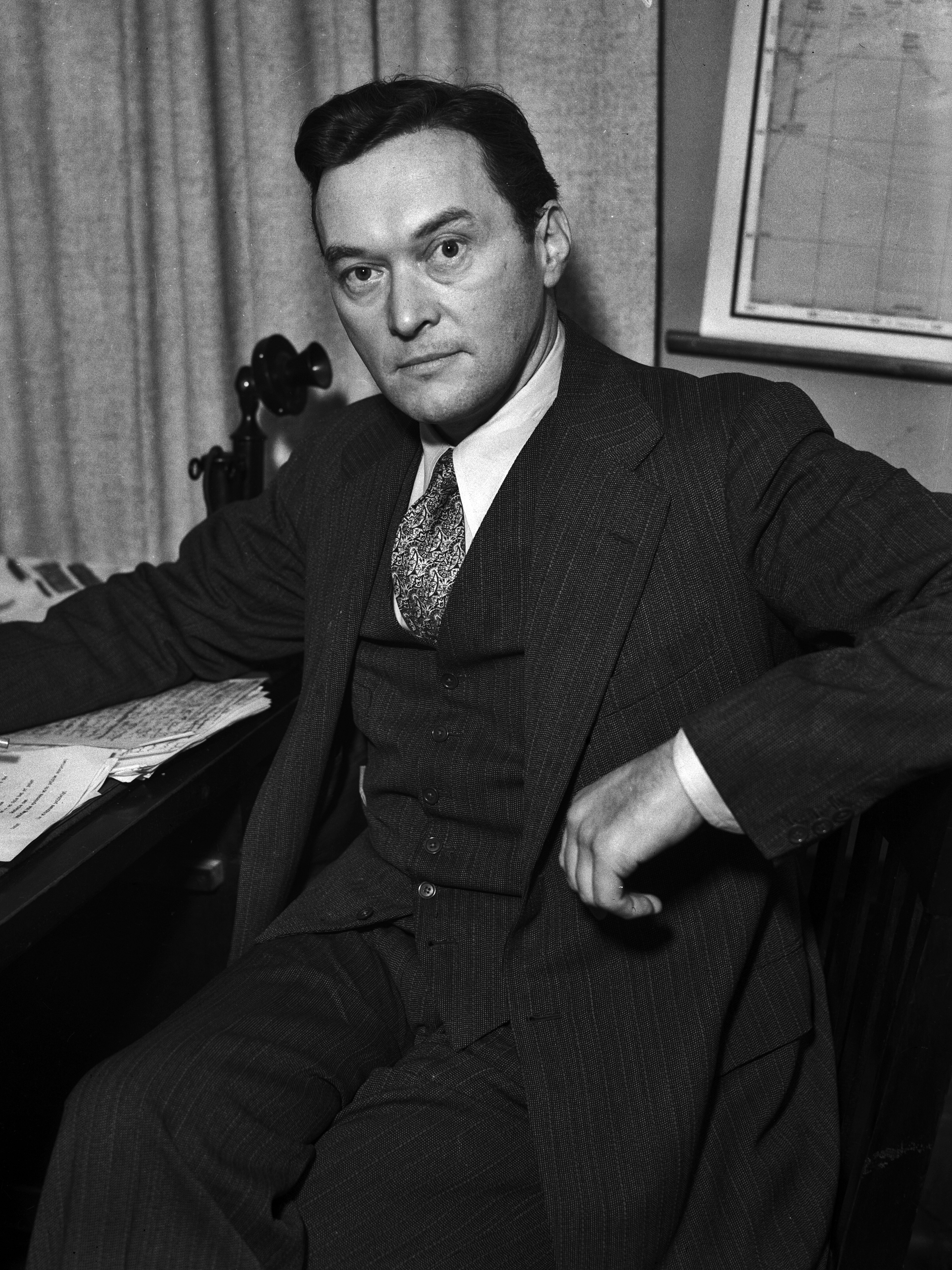
Walter Lippmann
 Walter Lippmann (September 23, 1889 – December 14, 1974) was an American writer, reporter, and political commentator. With a career spanning 60 years, he is famous for being among the first to introduce the concept of the Cold War, coining the term "stereotype" in the modern psychological meaning, as well as critiquing media and democracy in his newspaper column and several books, most notably his 1922 ''Public Opinion''.
Walter Lippmann (September 23, 1889 – December 14, 1974) was an American writer, reporter, and political commentator. With a career spanning 60 years, he is famous for being among the first to introduce the concept of the Cold War, coining the term "stereotype" in the modern psychological meaning, as well as critiquing media and democracy in his newspaper column and several books, most notably his 1922 ''Public Opinion''.Lippmann also played a notable role as research director of Woodrow Wilson's post–World War I board of inquiry. His views on the role of journalism in a democracy were contrasted with the contemporaneous writings of John Dewey in what has been retrospectively named the Lippmann–Dewey Debate. Lippmann won two Pulitzer Prizes, one for his syndicated newspaper column "Today and Tomorrow" and one for his 1961 interview of Nikita Khrushchev.
He has also been highly praised with titles ranging from "most influential" journalist of the 20th century to "Father of Modern Journalism". Michael Schudson writes that James W. Carey considered Walter Lippmann's book ''Public Opinion'' as "the founding book of modern journalism" and also "the founding book in American media studies". Provided by Wikipedia
1
Library:
The Wiener Library for the Study of the Holocaust & Genocide (London)
Book
2
Library:
The Wiener Library for the Study of the Holocaust & Genocide (London)
Book
3
Book
4
Book
5
Library:
German Resistance Research Council 1933-1945 (Frankfurt/ Main)
Book
6
Library:
The Wiener Library for the Study of the Holocaust & Genocide (London)
Book
7
Book
8
Library:
The Wiener Library for the Study of the Holocaust & Genocide (London)
Book
9
Book
10
11
Book
12
13
14
Book
15
Book
16
Book
17
by Lippmann, Walter, 1889-1974 23.09.1889-14.12.1974
Published in: Der Monat 5 (1952/53),1, S. 467 - 474
Published in: Der Monat 5 (1952/53),1, S. 467 - 474
Article
18
Book
19
Published: New York, N.Y : Harper & Bros, 1932
Other Authors:
“...Lippmann, Walter...”
Library:
The Wiener Library for the Study of the Holocaust & Genocide (London)
Book

